Creating a healthy, moisture-controlled environment in your crawl space is crucial for maintaining your home's structural integrity, ensuring your family's well-being, and optimizing your house’s energy efficiency.
This guide, targeted at homeowners, property managers, and HVAC professionals, explores the essentials of crawl space dehumidification and air filtration. It guides readers through selecting, installing, and maintaining the right solutions for their spaces.
What are Under House Dehumidifiers?
Under-house dehumidifiers are designed to tackle the unique conditions in crawl spaces. These robust units are built to operate in cooler temperatures and confined spaces, efficiently removing moisture and maintaining optimal humidity levels.
Unlike standard residential units, under-house dehumidifiers feature more durable components and housing to withstand the harsher environment of a crawl space.
Can I Use a Regular Dehumidifier in a Crawl Space?
Using a regular dehumidifier in a crawl space is not recommended. Standard dehumidifiers are not designed to handle the low temperatures and higher humidity levels typical of crawl spaces. Furthermore, they may not be durable enough for such an environment, potentially leading to frequent breakdowns and inefficiencies.
What Causes High Humidity in the Crawl Space?
High humidity in the crawl space can be caused by a variety of factors, including:
External Moisture: Rainwater and groundwater can seep into the crawl space, increasing humidity levels.
Internal Sources: Household activities such as cooking, bathing, and drying clothes can contribute to higher humidity.
Ventilation Issues: Inadequate ventilation can trap moist air inside the crawl space, preventing moisture from escaping.
Drainage Problems: Poor drainage around the home’s foundation can lead to water accumulation in the crawl space.
What Crawl Space Dehumidifier Should You Buy?
Plenty of crawl space dehumidifiers are on the market today, and choosing one could feel overwhelming. When choosing a crawl space dehumidifier, you must consider the following issues:
The capacity of the dehumidifier—The capacity of a crawl space dehumidifier is the amount of moisture it can remove in 24 hours. The capacity is measured in terms of the humidity level and the crawl space's size.
The levels of humidity are:
| 50 – 60% | Moderately damp crawl space with a musty smell. |
| 60 -70% | Very moist crawl space with damp stains on the floor and walls. |
| 70 -80% | Very wet crawl space with clear wet walls and floor. |
| 80 -100% | Extremely wet crawl space with puddles of water on the floor and dripping water on the walls. |
It is important to get a crawl space dehumidifier with a capacity slightly above what you require. This ensures the dehumidifier is powerful enough to clean and dry the air completely.
Cost – Most people have budgetary restrictions. It is important to find a crawl space dehumidifier within your price range that is low-maintenance and has a high-functioning design.
Buy a self-draining dehumidifier – for convenience, it is better to buy a crawl space dehumidifier that is able to drain the extracted water via a pipe to a safe place. Nobody wants to keep emptying the dehumidifier’s collection tray every day.
Ensure the crawl space dehumidifier is energy efficient – It is important to get a high-functioning dehumidifier that consumes as little energy as possible. Which crawl space dehumidifier do you have to ensure it's energy-star-rated?
High-performance air filtration – air purification is an important feature. A crawl space dehumidifier should be able to clean the mold spores and mildew out of the air. This reduces asthma and allergy triggers in the house. The air should also be cleaned of any unpleasant odors.
Remote control and automatic humidistat – If you can afford it, get a crawl space dehumidifier with an automatic humidistat. It will sense the level of humidity in the crawl space and turn it on and off, saving energy. Plus, if you can control your crawl space dehumidifier remotely, that would be more convenient.
Does an Encapsulated Crawl Space Need a Dehumidifier?
Yes, an encapsulated crawl space can benefit from a dehumidifier. Even though encapsulation significantly reduces moisture intrusion, some humidity can still exist due to internal sources or slight air leaks. A dehumidifier ensures that humidity levels remain within the ideal range, protecting your home from moisture-related issues.
How to Install a Dehumidifier in a Crawl Space
Installing a dehumidifier in your crawl space involves several key steps:
- Location: Choose a spot that allows unobstructed airflow and easy access to maintenance.
- Mounting: Some models may need to be mounted or elevated to ensure efficient operation and drainage.
- Drainage: Ensure the dehumidifier can drain properly, either by gravity or with the help of a condensate pump.
- Power Supply: Provide a stable and safe electrical supply in accordance with the unit’s specifications.
- Calibration: Set the dehumidifier to the desired humidity level, typically between 30% and 50%.
Conclusion
Incorporating the right dehumidification and air filtration solutions in your crawl space is essential for sustaining a healthy, energy-efficient home. By choosing the appropriate equipment, installing it correctly, and conducting regular maintenance, homeowners, property managers, and HVAC professionals can effectively manage crawl space conditions, ensuring a comfortable and durable living environment.

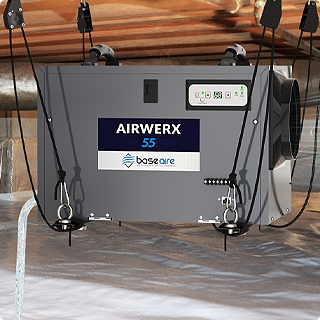
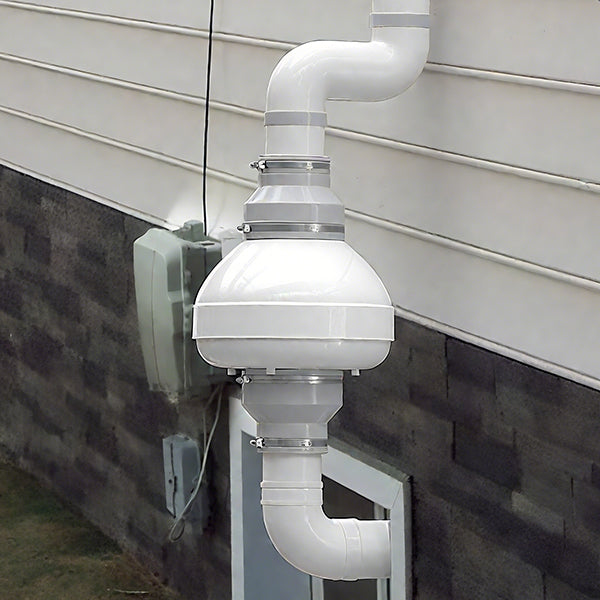
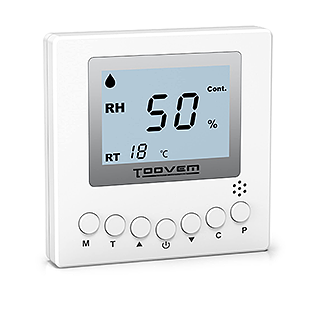
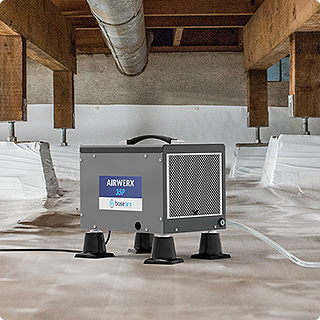
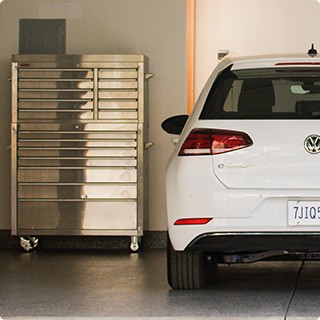
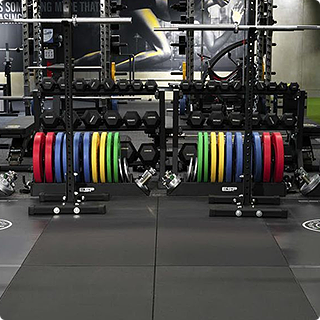
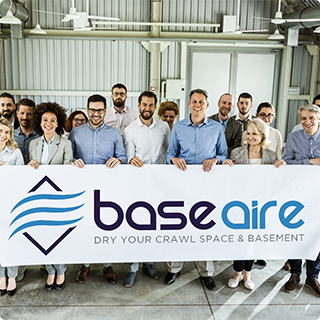

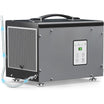
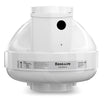
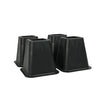
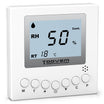
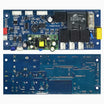
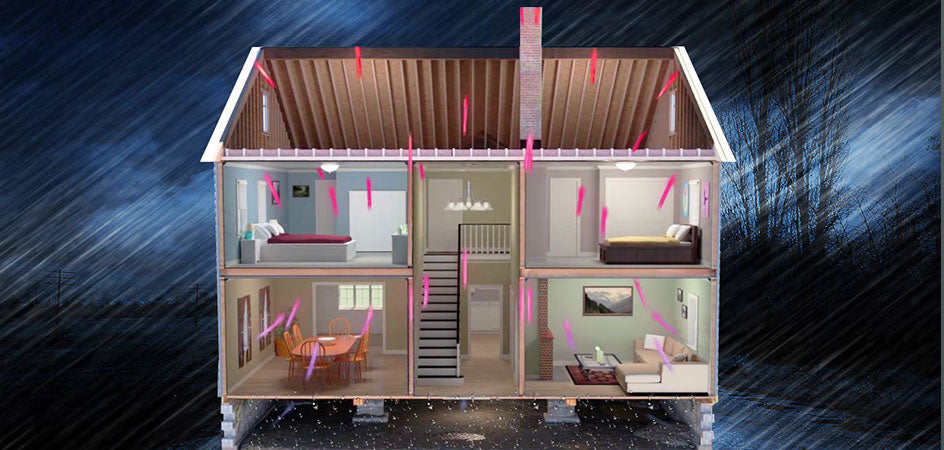
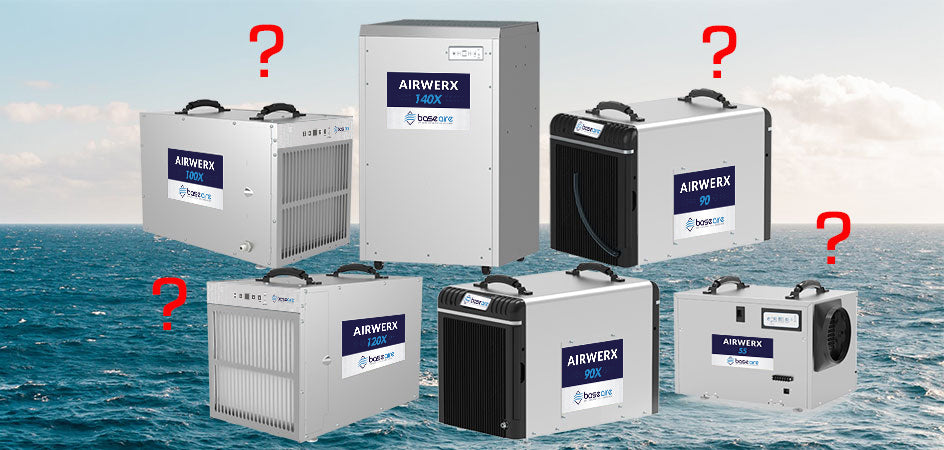

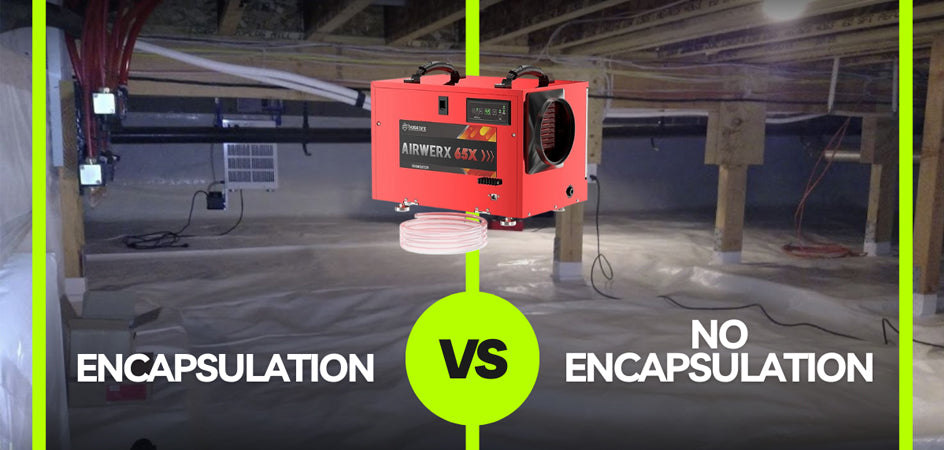




Leave a comment
All comments are moderated before being published.
This site is protected by hCaptcha and the hCaptcha Privacy Policy and Terms of Service apply.